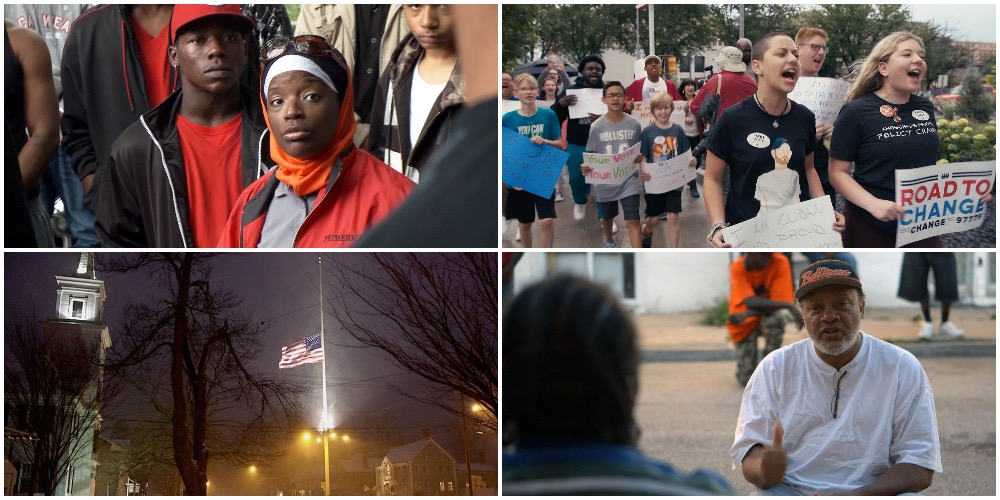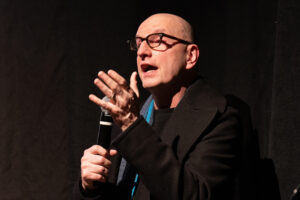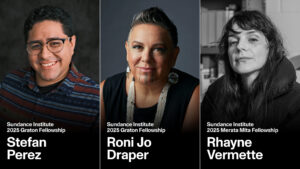By Hajnal Molnar-Szakacs and Paola Mottura
Five years ago, the Sundance Institute’s Documentary Film Program partnered with the Kendeda Fund to cultivate, fund, and elevate stories that addressed one of the most significant public health and equity issues in America: gun violence. We supported stories where gun violence intersected with other social issues, like suicide, domestic abuse, everyday gun violence, mass shootings, movement-building, community violence, and resilience.
We also hosted an event in 2017 that brought together filmmakers, journalists, cultural thinkers, and activists to talk about the role of documentary film in effecting progressive social change around the culture of gun violence in the United States. This gathering reached across sectors and disciplines, forging new alliances and coalitions. However, given the magnitude of the gun violence epidemic in the United States, there are still stories that need to be told, new voices that need to be heard, and new alliances that need to be forged.
So in the spring of 2020, we commissioned a report to inform our strategy around building a more robust pipeline of stories that address gun violence in the U.S., as well as to highlight ways of working more collaboratively within the field of gun violence prevention. Our fundamental goal was to explore the challenges filmmakers face in getting films in this space funded, from production through impact. We also wanted to outline opportunities for collaboration between film and issue funders, as well as activists and filmmakers, to push for social, cultural, and policy change.
We are now sharing the finished report, “Nonfiction Storytelling on Gun Violence in the U.S.,” and it is our hope that it acts as a catalyst to promote dialogue and help build local coalitions between artists, funders, and advocates. Together we can work toward, empowering national movements, reframing the conversation to include BIPOC communities, reaching conservative audiences, and motivating policymakers to support community-based approaches of violence prevention.
We are grateful for Eliza Licht, Will Jenkins, Michon Boston, and Alice Quinlan and the incredible research and analysis they offer in this report. We are also deeply appreciative of the Kendeda Fund, David Brotherton (fund advisor for gun violence prevention and communications) and Diane Ives (fund advisor for people, places, and planet), for their incredible thought partnership, generosity, and commitment to this space. And lastly, thank you for taking the time to read this report. We look forward to engaging in further conversations to ensure this important work continues.
Download the full study, “Nonfiction Storytelling on Gun Violence in the U.S.,” here.




